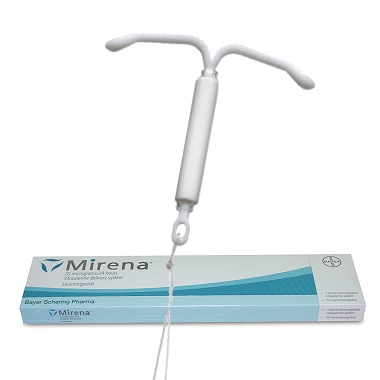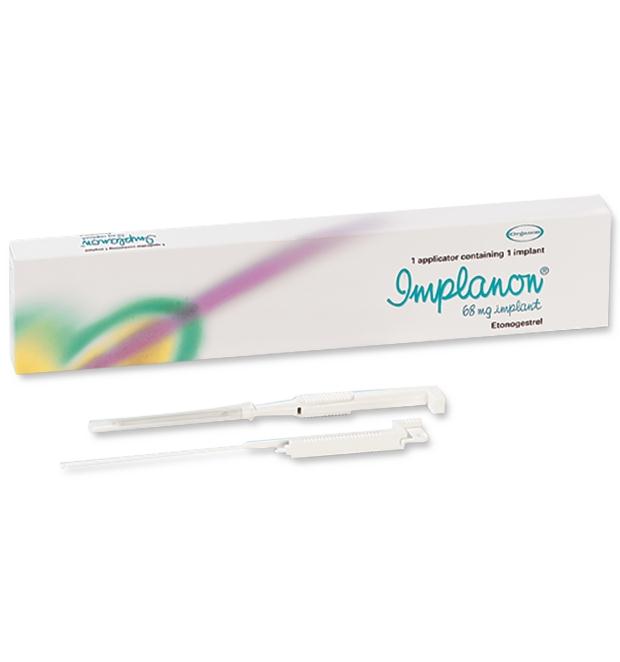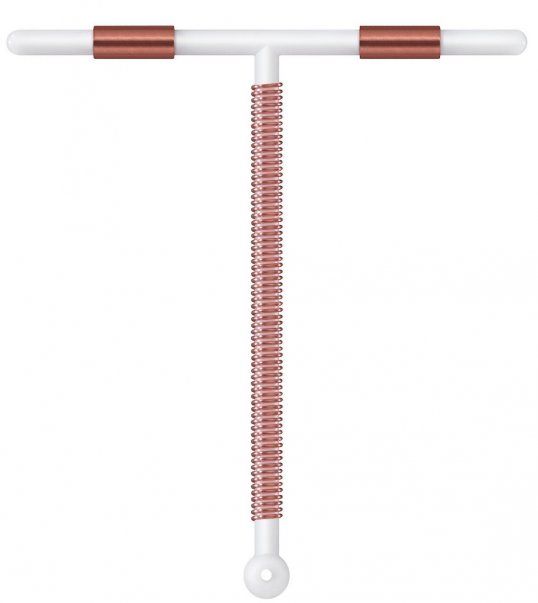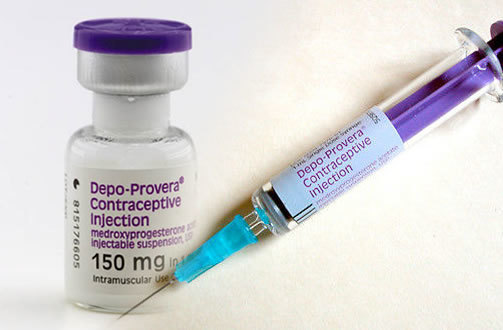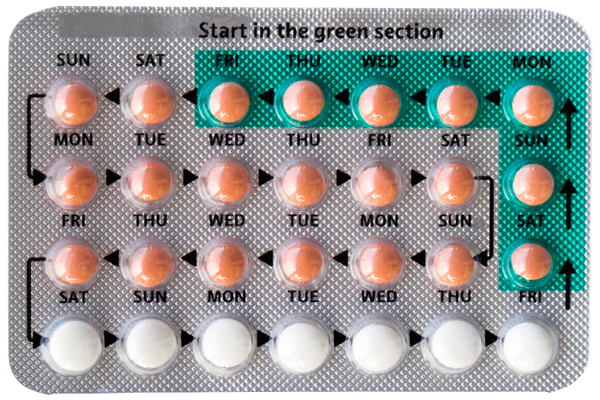Many patients come to see me for advice about contraception. There’s never one right answer as everyone has different needs, and most patients first discuss the options with their mums, friends and of course Dr Google!
In this third and final part of the Contraception 101 series, I'll present an overview of the permanent methods of contraception.
“Permanent Methods of Contraception”
For patients who want permanent contraception, surgical options are sometimes a solution.
Female sterilisation can usually be performed through key hole surgery and involves either small clips being placed across the fallopian tubes (which connect the ovary to the uterus), or complete removal of the fallopian tubes. These procedures require general anaesthetic. Both are permanent and irreversible procedures, and are usually requested by women who have no desire for fertility and who don’t want to or are unable to use other forms of contraception. Some recent studies suggest that ovarian cancer may actually arise from the fallopian tube, so removal of the fallopian tubes may have this additional benefit compared to use of sterilisation from clips.
In the Contraception 101 series, I've outlined the most common types of contraception I discuss with my patients. It's important that you find a contraceptive that is convenient and reliable, and suits your needs. There are other options available and these can be discussed with your GP or gynaecologist.


